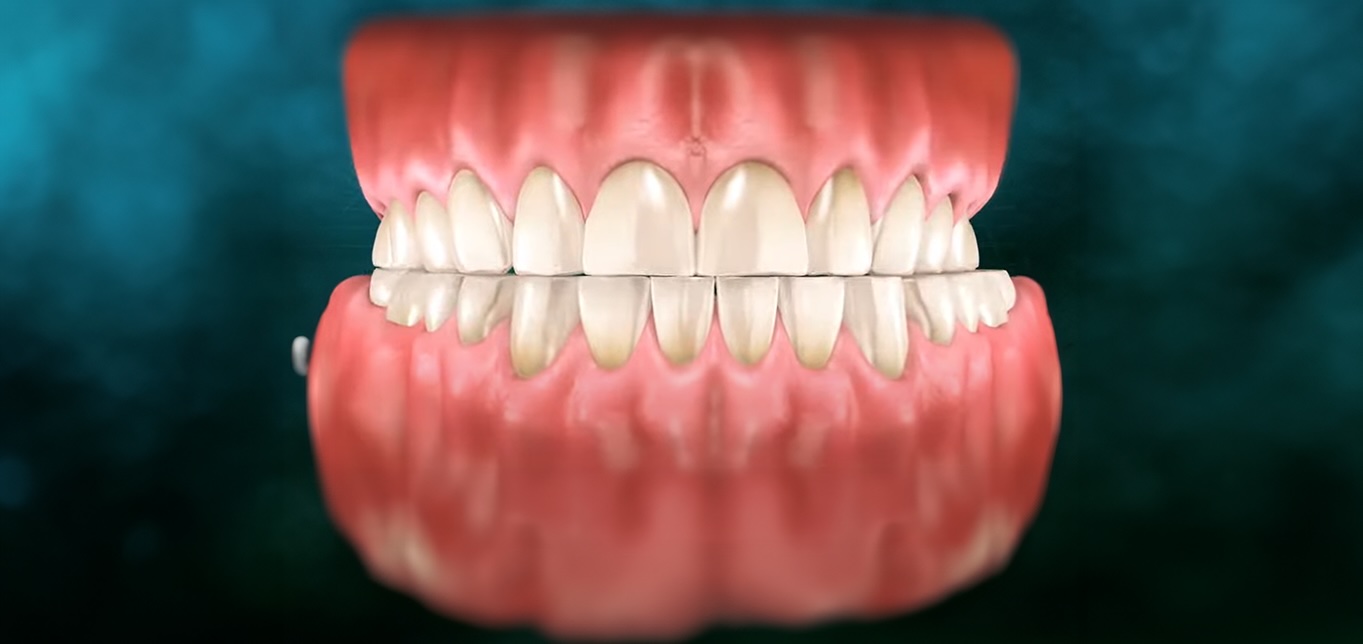
Bruxism, commonly known as teeth grinding, affects millions worldwide. Ever woken up with a sore jaw or headache? You might be grinding your teeth at night. This condition can lead to serious dental issues if left unchecked. But what causes it? Stress, anxiety, and even sleep disorders can trigger bruxism. Kids and adults alike can suffer from this pesky problem. Curious about how to manage or prevent it? From mouthguards to stress relief techniques, there are plenty of ways to tackle bruxism. Let's dive into 26 intriguing facts about this often-overlooked condition. Ready to learn more?
What is Bruxism?
Bruxism is a condition where people grind, gnash, or clench their teeth. It can happen when awake or asleep. This habit can lead to various dental and health issues. Let's dive into some interesting facts about bruxism.
-
Bruxism affects about 10% of adults and 15% of children. Many people don't even realize they have it.
-
Teeth grinding can be loud enough to wake up a sleeping partner. The noise can be quite disturbing.
-
Stress and anxiety are major triggers for bruxism. People under a lot of pressure are more likely to grind their teeth.
-
Sleep disorders like sleep apnea are often linked to bruxism. Treating sleep apnea can sometimes reduce teeth grinding.
-
Bruxism can cause headaches, earaches, and jaw pain. These symptoms are often mistaken for other health issues.
Causes of Bruxism
Understanding what causes bruxism can help in managing it better. Various factors contribute to this condition.
-
Misaligned teeth or an abnormal bite can lead to bruxism. When teeth don't fit together properly, grinding can occur.
-
Certain medications, especially antidepressants, can cause teeth grinding. Always check side effects of any new medication.
-
Lifestyle choices like smoking, drinking alcohol, and caffeine consumption can increase the risk of bruxism. These habits stimulate the nervous system.
-
Genetics play a role too. If someone in your family grinds their teeth, you might be more likely to do it as well.
-
Hyperactivity and aggressive behavior in children are linked to bruxism. Kids with ADHD are more prone to teeth grinding.
Effects of Bruxism
Bruxism doesn't just affect your teeth. It can have a wide range of impacts on your overall health.
-
Chronic teeth grinding can wear down enamel, leading to tooth sensitivity. This makes eating and drinking hot or cold foods uncomfortable.
-
Severe bruxism can cause teeth to crack or chip. Dental repairs can be costly and time-consuming.
-
Bruxism can lead to temporomandibular joint (TMJ) disorders. This condition affects the jaw joint and muscles, causing pain and discomfort.
-
Gum recession and tooth loss can occur due to prolonged bruxism. Healthy gums are essential for maintaining strong teeth.
-
Bruxism can cause facial muscle enlargement. Over time, the muscles used for grinding can become more pronounced.
Diagnosing Bruxism
Early diagnosis can help prevent serious damage. Dentists and doctors use various methods to identify bruxism.
-
Dentists often spot signs of bruxism during routine check-ups. Worn-down teeth and damaged enamel are common indicators.
-
Sleep studies can help diagnose sleep-related bruxism. These studies monitor brain activity, heart rate, and breathing patterns.
-
Bite strips and splints are tools used to detect bruxism. These devices measure the pressure exerted by teeth grinding.
-
Keeping a sleep diary can help identify patterns. Note any symptoms like headaches or jaw pain upon waking.
-
Family members can provide valuable information. They might hear the grinding noises at night.
Treating Bruxism
There are several ways to manage and treat bruxism. Treatment often involves a combination of approaches.
-
Mouthguards or splints can protect teeth from grinding. These devices are custom-made by dentists.
-
Stress management techniques like yoga and meditation can reduce bruxism. Relaxation helps lower the urge to grind teeth.
-
Cognitive-behavioral therapy (CBT) can be effective. This therapy helps change the behavior causing bruxism.
-
Medications like muscle relaxants can be prescribed. These drugs help reduce muscle activity during sleep.
-
Dental corrections like braces can fix misaligned teeth. Proper alignment can reduce the need to grind.
-
Avoiding stimulants like caffeine and alcohol before bed can help. These substances can increase the likelihood of teeth grinding.
Understanding Bruxism
Bruxism, or teeth grinding, affects many people, often without them even knowing. It's crucial to recognize the signs like jaw pain, headaches, and worn teeth. Stress, anxiety, and sleep disorders are common triggers. If left untreated, it can lead to serious dental issues and disrupt sleep quality.
Simple lifestyle changes, such as reducing stress and avoiding caffeine before bed, can help manage symptoms. Mouthguards and dental treatments offer additional protection. Regular dental check-ups are essential for early detection and prevention.
Awareness is the first step in addressing bruxism. By understanding its causes and effects, you can take proactive measures to protect your dental health. Don't ignore the signs; seek professional advice if you suspect you might be grinding your teeth. Your smile will thank you!
Was this page helpful?
Our commitment to delivering trustworthy and engaging content is at the heart of what we do. Each fact on our site is contributed by real users like you, bringing a wealth of diverse insights and information. To ensure the highest standards of accuracy and reliability, our dedicated editors meticulously review each submission. This process guarantees that the facts we share are not only fascinating but also credible. Trust in our commitment to quality and authenticity as you explore and learn with us.
